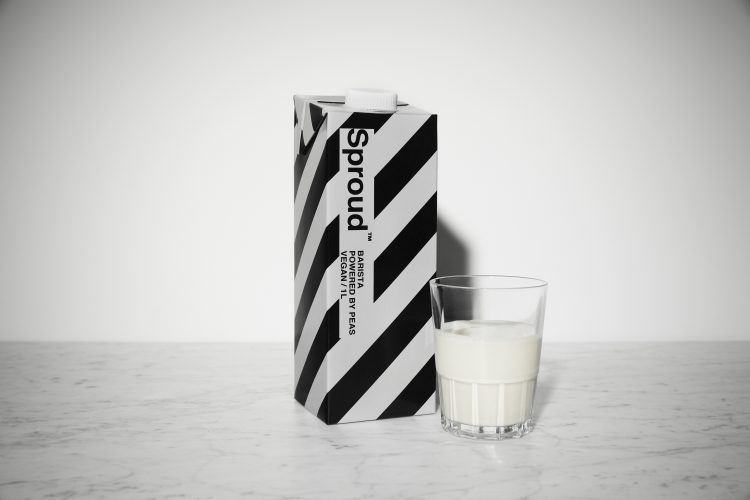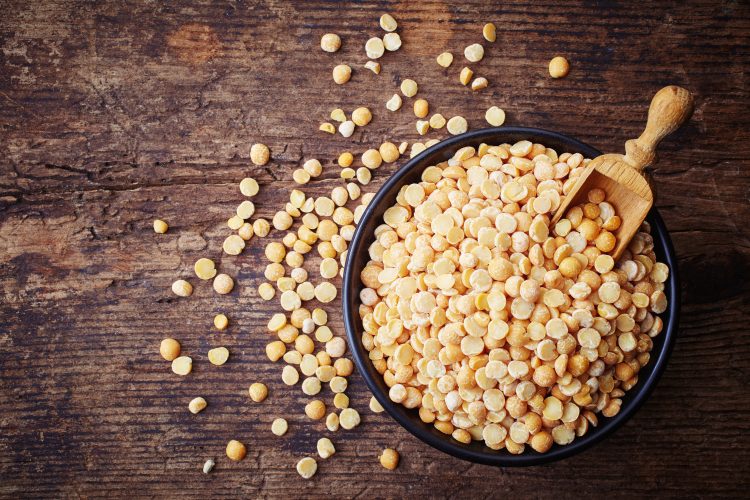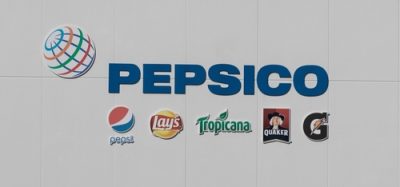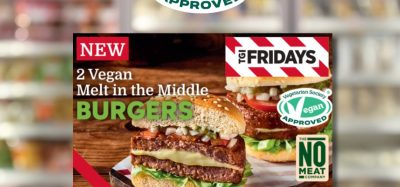I take pea milk with my coffee
- Like
- Digg
- Del
- Tumblr
- VKontakte
- Buffer
- Love This
- Odnoklassniki
- Meneame
- Blogger
- Amazon
- Yahoo Mail
- Gmail
- AOL
- Newsvine
- HackerNews
- Evernote
- MySpace
- Mail.ru
- Viadeo
- Line
- Comments
- Yummly
- SMS
- Viber
- Telegram
- Subscribe
- Skype
- Facebook Messenger
- Kakao
- LiveJournal
- Yammer
- Edgar
- Fintel
- Mix
- Instapaper
- Copy Link
Posted: 17 June 2021 | Joshua Minchin (New Food) | No comments yet
New Food hears from Maria Tegman, Co-Founder of pea milk manufacturer Sproud, as she explains why dairy alternatives are so beneficial from a sustainability standpoint.


Sproud offers a baristastyled variety within its core range. Credit: Amanda Moritz
Some years ago if we were to venture into a coffee shop and ask for an oat latte, you probably wouldn’t have much luck. Today, there is no shortage of plant-based dairy alternatives – from soya to almond, rice, oat, hazelnut and coconut milk (although you’ll notice in the EU many of them are labelled as ‘drink’ rather than ‘milk’ due to current legislation) – there are ample options to have with your brew. But now there’s a new kid on the block; Sproud, formed in 2018 in the Swedish city of Malmö, makes its milk-alternative from peas.
How do you make pea milk?
So how do you get litres and litres of milk from peas? For starters, Sproud does not use the green garden variety many of us eat with our dinner, but instead yellow split peas found once upon a time in Pease Pudding.
“After harvesting yellow split peas, we dry them and remove the outer skin. Then we extract the protein and fibres and mix with water, GMO-free oils, and syrups. We also fortify our products with vitamin A, B2, B12 and D,” Maria Tegman, Head of Brand and Co-Founder of Sproud told New Food. “It’s less challenging than the process of making oat milk, since no enzymatic process is needed, but more difficult than the process of almond milk.
“However, using peas in alt-milk is more sustainable and brings a lower CO2 footprint than both almonds and oats. Peas also contain more protein but less sugar – 50 percent less than oat milk, for example.”


It’s yellow split peas that are used to make pea milk, not your garden variety
A more sustainable option
Tegman was keen to stress the sustainability benefits of pea milk, which has been heralded as one of the most eco-friendly milk alternatives. The carbon footprint of all of the popular milk alternatives has been analysed at length, especially after a recent push to ditch cow milk, which according to a University of Oxford study, results in almost three times more greenhouse gas emissions than any plant-based milk. So where does pea milk rank on the sustainability front?
“Cultivating peas uses less land and water than other plant-based protein, and also adds nitrogen to the soil,” Tegman said. “When making our products we use clean processes and no chemical solvents. We use renewable and recyclable materials in our packaging and the products are also designed to be ambient. This removes the negative environmental effects of chilled transportation and distribution.”
Packaging is in fact an interesting aspect to the dairy/plant-based debate. Dairy milk is often sold chilled and in plastic containers. The demise of the neighbourhood milkman has taken with it glass bottles and electric milk floats, both better options from an environmental perspective than plastic packaging and private cars making individual trips to the shops. Plant-based milk, however, is sold more often than not at ambient temperatures and has a long shelf life. This means that not only is there less pressure from a supply chain perspective to get it on supermarket shelves, but it’s also possible for consumers to buy in bulk without the fear of wastage.
“We have teamed up with Tetra Pak to create our sustainable packaging and we use ambient aseptic production, which gives our products their long, 12-month shelf life,” Tegman confirmed. “While dairy milk has to be sold fresh and chilled, we really see no reason why plant-based milk should when there are so many benefits to a longer shelf-life and ambience.”
Taste and nutrition
Some consumers will no doubt be won over by pea milk’s sustainability credentials, but many will need to be convinced of the taste and nutritional benefits of the alternative before they begin adding it to their morning coffee. Tegman, however, was confident that Sproud’s offering would be a welcome change for current dairy drinkers. When asked how Sproud differs in mouthfeel to dairy milk, she answered: “That’s what’s unique about Sproud – it doesn’t!”
She continued: “Out of all plant-based milks on the market, including other pea milks, we believe that we have achieved the closest possible alternative to milk made from dairy. Our team has worked hard to develop a taste, mouthfeel and nutritional content that closely matches what you’d get from cow’s milk, and this is also what makes it possible for us to appeal to such a range of customers. Just because you eat or drink plant-based doesn’t mean you have to compromise.”
Some dairy alternatives have faced questions in terms of how well they compare with cow’s milk when it comes to nutrition, but Tegman assured New Food this had been a key consideration for Sproud. “Pea-based milk is really high in protein and also has up to 50 percent less sugar than other plant-based alternatives,” she explained. “It’s GMO-free and contains no [major] allergens or gluten. Our hero product, which is particularly popular in the UK, is the ‘Unsweetened’, which is 100 percent free from sugar and sweeteners.
“In fact, earlier this year, Sproud was the first-ever alt-milk provider to be certified by Sugarwise, the international certification authority for sugar claims. This was a fantastic seal of approval for our work to create products that are good for our customers’ health.”
Perhaps we need to give peas a chance?
Biography


Related topics
Beverages, Environment, Flavours & colours, Health & Nutrition, Packaging & Labelling, Plant based, Product Development, retail, Shelf life, Supermarket, Supply chain, Sustainability, The consumer









